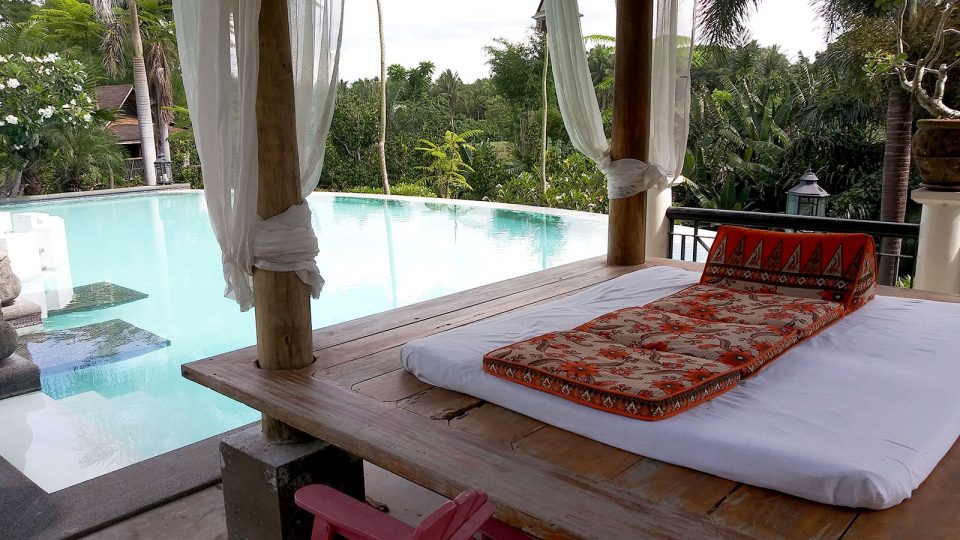
For most westerners arriving in the Philippines, there can be culture shock. Most travellers would say, however, that their initial experience in the country can be summed up in the words of kindness, politeness and hospitality. Behind that smiling population of good people is a method of interaction that is collectively known as Pakikisama. The ability to adapt your behaviors that allow for successful social interchange. Easily summed up as the ability to get along with people. The word transliterates as a phrase, “please come with or go with.”
Once long term foreign residents vacationing or residing in the Philippines grasp this concept life seems to fall into place. That kindness shown to visitors when reciprocated multiplies. That’s why one American living in Laguna says he’s ” treated like a rockstar.” Because he is one of the kindest people ever visiting the island nation. We’ll call him Jack.
Jack is well known for his Pakikisama skill set. His neighbors welcomed him and he did the same. His community work around the region just south of Manila is well recognized and he never ACTS like a rockstar. Just the opposite, Jack mingled with his local businesses and residents, but without privilege or arrogance. Instead, meeting all situations with increased understanding, the more he learned to integrate.
Where “pakikisama” can be a valuable tool
The ability to adapt to circumstances also helps with some of the pet peeves of foreign visitors to the Philippines: long lines, waiting; delays on deadlines; misdirected or incorrect communications; or even illusions of wealth by reason of national origin. The treasure of learning Pakikisama is to assimilate the good with the bad and behave appropriately in all scenarios to ensure the best outcomes.
Speaking of bad, there is an expression in the Philippines, ” lahat ng gubat may ahas.” Every jungle has snakes. So there are going to be visitors and long term foreign residents who encounter things like theft, deceit or actual animosity based on the fact that the person they meet has prior biases.
Pakikisama is even more important in those circumstances. Keeping one’s cool allows for the kindness of the majority of Filipinos to shine even brighter and overcome the treachery of a few serpents on those random occasions.
East vs West, cultural differences
It also takes a while for Western travellers, many, from countries where rugged independence is a valued personality characteristic, to understand the community-based, collective decision making as a cultural value in the Philippines, as an Asian people. Learning how to be a part of that social process allows for successful living in a pleasant environment.
The other side of the coin
On the other hand, Filipinos also have a period of adapting to their guests. Each visitor brings their own filters, experiences, schooling and personality traits. Even within their home country’s cultural values, any single person can be outside of the group norm. And, while many visitors to the Philippines are enthralled by the natural beauty, the warm hospitality and relaxed vacations, others seek out the darkest corners to hide their misdeeds. It’s not only in the Philippines where snakes can be found.
Once again, Pakikisama helps to build that understanding of meeting people where they are at, and who they are, that makes life in the Philippines even better. Welcome to the land of smiles.
Follow our Facebook page for daily updates
…
